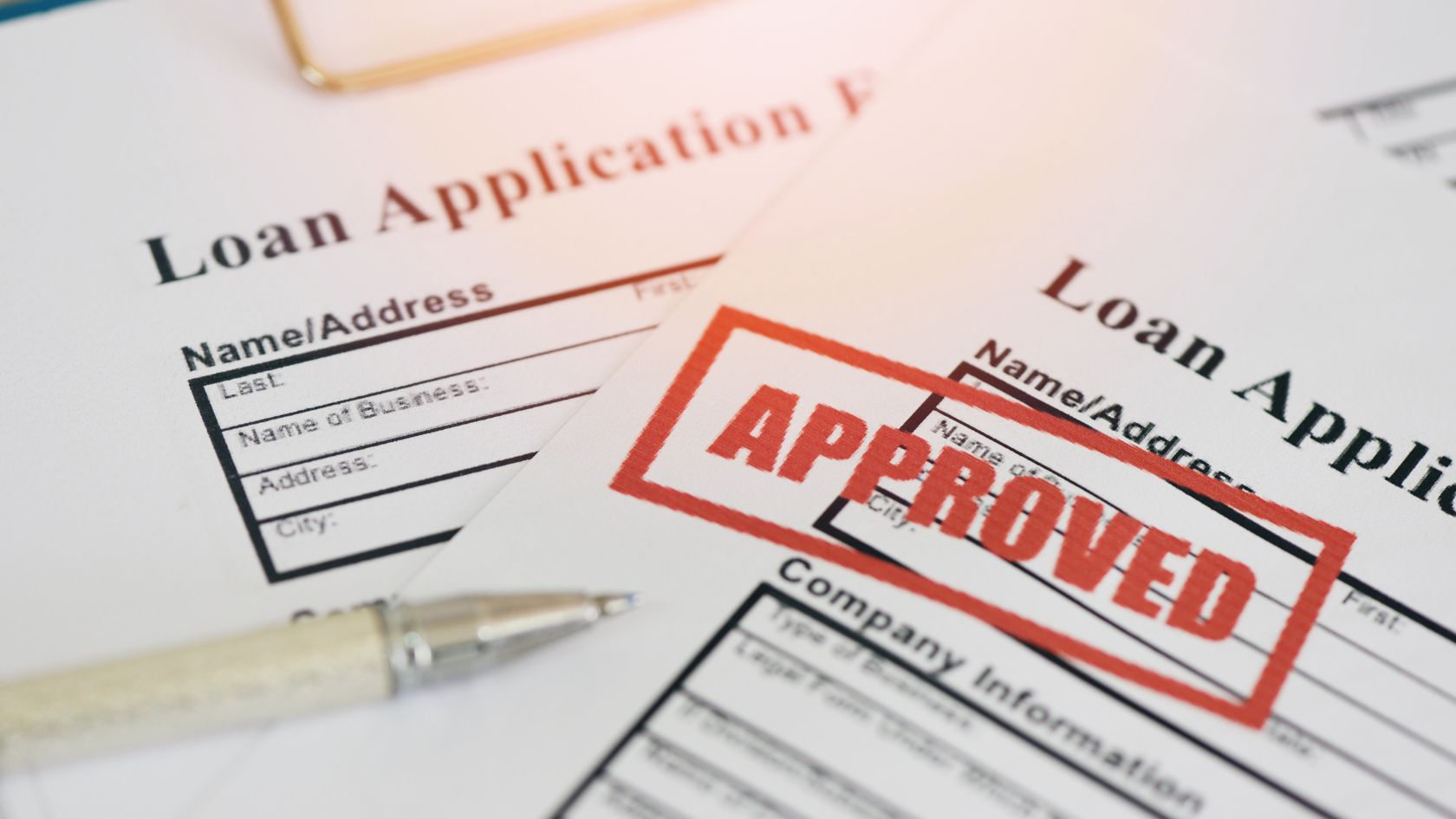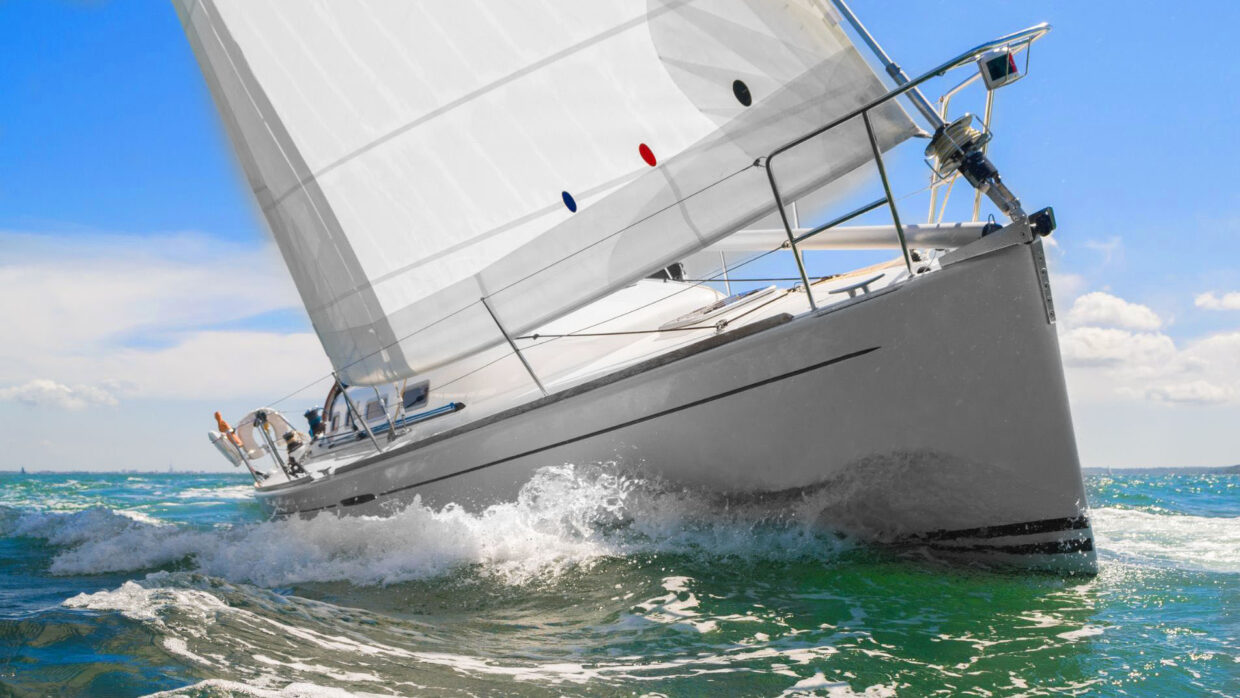So do you want to own a boat? Boats are luxurious vessels you can use for various activities and occasions. There are many boat financing institutions, each with its own terms. So, before you grab your documents and head to a boat financing institution, you must learn how boat financing works.
Note that some boat financiers have friendly terms allowing payments to go up to 20 years. The amounts you can borrow vary widely and may determine the type of boat you can buy and whether you can buy a used or new boat. On average, most loaners offer $5,000. Only a few can lend you about $5 million, but that is when you want to buy a yacht.
Before filling out forms to take a loan, consider the type of boat you want and what you can afford. Remember that longer loan terms attract higher interest rates than shorter loan terms.

How do boat loans work?
The amount of boat loan you can qualify for depends on your income, debt, and credit standing. Remember that the loaner will need your Social Security number at the time of application. Other details required will include the details of the vessel you want to buy and your income documentation.
Boat Loan Terms
How long you will take to repay your boat loan depends on how much you are willing to pay every month and how much down payment you make. Typically, boat loan terms are between 10 and 20 years. Lenders offer different levels of funding, but when you need a boat loan, expect the following:
- Down payment: Most lenders will ask you to make a down payment before you can have the boat. The amount varies between 10% to 20% of the cost of the boat. However, there are a few lenders that don’t require down payments. You can shop around if you want such lenders.
- APR range: The loan interest rate is approximately 6% to 7% APR if your credit score is high. The annual percentage rate is normally fixed, allowing you to budget. The interest rates also vary depending on the type of boat you want to buy. Note also that your APR will be higher if your credit score is low. Most lenders prefer a credit score of 700 and above. Only a few can accept a credit score of 600. You can use a boat loan calculator to determine the amount you’d be required to pay.
- Boat requirements: Most lenders prefer funding boats under 20 years old. If the boat you want to buy is over 20 years old, you may have to consider other financing options.
- Upfront fees: Upfront fees are different from down payments. Some lenders charge origination fees, application fees, processing fees, and even closing costs. These costs add up, so you need to find out what they will cost to include them in your budget. Also, find out if your lender charges other fees like late fees or penalties on late payments.
Factors Affecting Boat Loan Terms
It is worth mentioning that your loan duration also affects the factors above. For example, if you double your loan term, the interest rate will shoot up. Again, your interest rate may decrease if you pay a higher down payment. Other factors lenders consider in determining loan terms include:
The age of the boat (if you want to buy a used boat)
The boat’s age is an important factor in determining loan terms. As expected, new boats will have longer loan terms than used boats. Most lenders have the maximum age of boats they can finance. As stated, most financiers will not finance boats over 20 years old.
The model of the boat
Boats come in different models, each costing differently. Though most lenders lump powerboats together, some are specifically about the boat features. For example, high-performance boats or those with wood hulls are put in their class.
Some lenders put powerboats and sailboats in different classes, while others consider pontoon and multi-haul boats differently.
In general, lending for liveaboards is treated differently from all other boat types. Most lenders don’t even offer loans for liveaboards.
The amount you want to borrow
The loan amount you want will determine how long you will repay the loan. Generally, if you borrow a large amount, your loan term will be longer. Most lenders can only offer certain minimum amounts for given loan terms.
Boat Loan Types
There are four types of boat loans: variable rate, fixed rate, unsecured, and secured loans. These loan types are explained below:
Variable Rate Vs. Fixed Rate Loans
The interest rate for variable loan types changes depending on market conditions. On the other hand, the APR for fixed-rate loans remains the same throughout the loan period. A fixed-rate loan is the best option for a boat buyer like you because it can help you plan your finances. Note that fixed-rate loans are cheaper than variable-rate loans.
Unsecured Vs. Secured loans
Unsecured loans do not need any collateral. This is in contrast with secured loans that require some assets as collateral. For example, you can use your boat as collateral for borrowing a loan.
The negative part is that the lender will repossess the boat if you fail to pay the loan. For an unsecured loan, there is no risk of losing your asset. However, unsecured loans tend to be more expensive than secured loans. Most lenders prefer offering secured loans to protect their interests.
Where can you find a boat loan?
There are many boat financiers, and you could be overwhelmed to choose the best. The starting point is to consider the lending institution’s experience, reliability, and trustworthiness. You can create a list of lenders and check their profiles at the Better Business Bureau website before applying for the loan.
The following are the probable lenders of your boat purchase:
Online lenders, credit unions, and banks
Many online lenders are ready to extend you a loan to buy your boat. One good example is BoatLoan.com, where you can find lenders who offer loans at interest rates as low as 6% APR.
If you are a customer of a credit union or bank, you can also ask them to help you buy a boat. Lenders will normally check your source of income, level of savings, and credit score before lending you more.
Dealer financing
Some boat dealers can give you a boat loan, meaning you will get the financing and the boat in one place. This is quite convenient since you will be dealing with the same enterprise. Another advantage of dealer financing is that you can enjoy their incentives, including free accessories. However, dealer financing can be expensive since the dealers add financing charges to their loans.
Marine brokers
You’d be better off dealing with marine brokers if you need large or used boats. These brokers will act as your representatives and not the seller’s representatives. The advantage of working with marine dealers is that they will help you throughout the boat-buying process, including identifying the right vessel for your needs and budget. They will connect you with a perfect seller and negotiate the deal on your behalf and in your best interest. Of course, they won’t do this for free. You will give them a commission of about 10%.
The dealers will act as a bridge between you and the marine financing programs. They will help develop a maintenance schedule if you buy a new boat and may even hold your deposit in escrow.
Other ways of financing your boat
If you don’t prefer loans or you don’t qualify for one, keep hope. You can still own a boat. The other ways you can get cash for buying a boat include:
Home lines of credit or home equity loans
Home lines of credit (HELOCs) or home equity loans (HELs) have very competitive rates since they are secured loans with your home being the collateral. You can qualify for HEL or HELOC if the value of your home is higher than what you owe as a mortgage and you have a good credit standing.
HELs are normally fixed-rate loans, while HELOCs are variable-rate loans whose rates will be adjusted after a set duration, normally ten years. The only disadvantage of these loans is that you can lose your property (home) if you fail to repay the loan. The loan processing fees and closing costs can also be very prohibitive.
Personal loans
Banks, credit unions, and other lenders offer personal loans which you can use to buy a boat. These loans are normally unsecured, so your credit score will greatly determine whether you qualify. While the rates for personal loans are high, you won’t have the risk of losing your property even if your payment falls behind.
Pay cash
Paying for a boat in cash is the easiest way to own a boat. If you can pay for a boat in cash, there’d be no need for a loan.
Now that you know all you need to finance your boat buying, you can start by choosing the right lender. You can talk with family or friends who have bought boats to guide you through the process.




